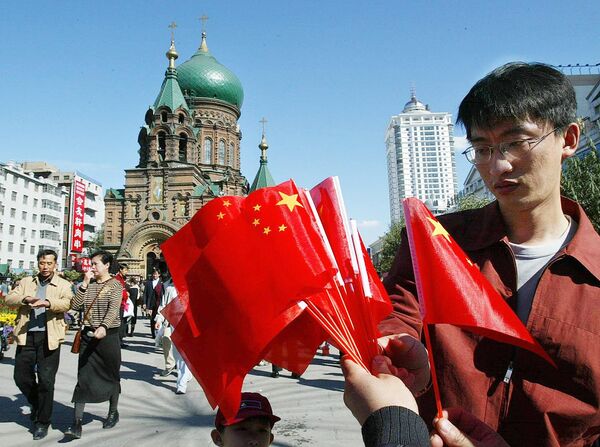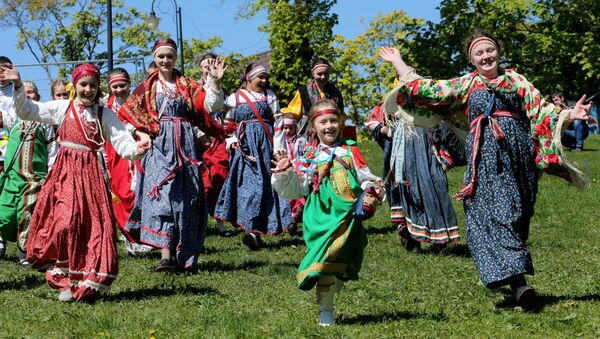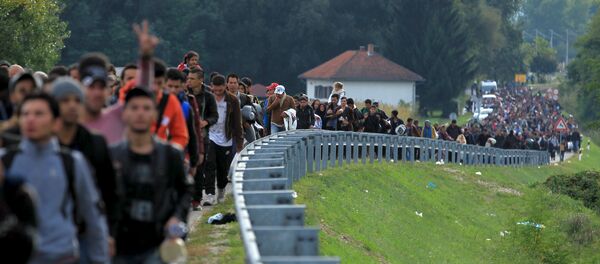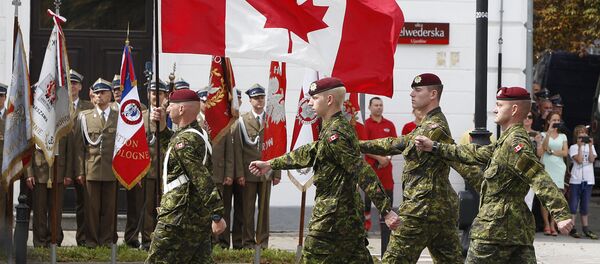Germany
The Russian-speaking community is one of the biggest in Germany. Almost every German city has Russian shops and restaurants, Russian travel agencies, Russian-speaking lawyer offices, Russian doctors, newspapers and Orthodox churches.
All in all, there are about two to three million Russian-speaking residents in the country. A large part of them consists of so called Russian-Germans, who came to Germany from the territories of the former Soviet Union.
Although the Russian-speaking community is really big, there are no actual Russian neighborhoods, like Brighton Beach in New York. Russians in Germany rather tend to unite in small groups or assimilate with the local population.
United States
There are more than 3 million Russians in the US, and over 700,000 of them consider Russian their native language. Large Russian-speaking communities live in Chicago, Los Angeles, New York and other big cities. And of course, the most well-known term associated with Russians in America is Brighton Beach, New York's neighborhood well-known for the high number of Russian speakers residing there.
At the same time, there are also a few places that can be called "Russian islands" in the United States, for example Vladimirovo village in Illinois. The village was created on the initiative of the Russian Orthodox Church and is home to the descendants of former WWII prisoners.
In 1961, the Russian Orthodox Church opened a summer camp for children of Orthodox Russian immigrants in Vladimirovo, and soon the place became home to many Russian immigrants.
China
Harbin is a Chinese city most associated with Russians. It was founded by Russian railway builders in 1898 as one of the stations along the Trans- Manchurian railway. After the invasion of the Japanese army and the establishment of the People's Republic of China many Russians had to leave. But the old part of the city is still dominated by typical Siberian architecture and has retained its Russian spirit.
The city has also been constantly flooded by new migrants. The peak of immigration was in early the 20th century, when some Russians settled in Harbin to escape the persecution of the Soviet authorities.
Now many come here to work or to study. The city has many Orthodox churches and Russian schools, and one of its parks is named after Joseph Stalin.

Canada
Surprisingly, Canada has become a home to followers of the Christian sect "Fighters against the Spirit" — Doukhobors — which appeared in Russia in the 18th century. The members of this sect reject the church, icons, crosses, and support formal equality of people.
Most of the sect's members came to Canada in the late 19th — early 20th century, fleeing the persecution of the tsarist regime. They were mostly harassed their disrespectful attitude towards the church.
Now Canada is home to 30,000 descendants of the Doukhobors, 5,000 of whom keep the faith of their ancestors and still speak Russian. Today, it is difficult to distinguish Doukhobors among the country's other residents — they have assimilated with the Canadians, but communicate with each other via Internet and in various communities.






